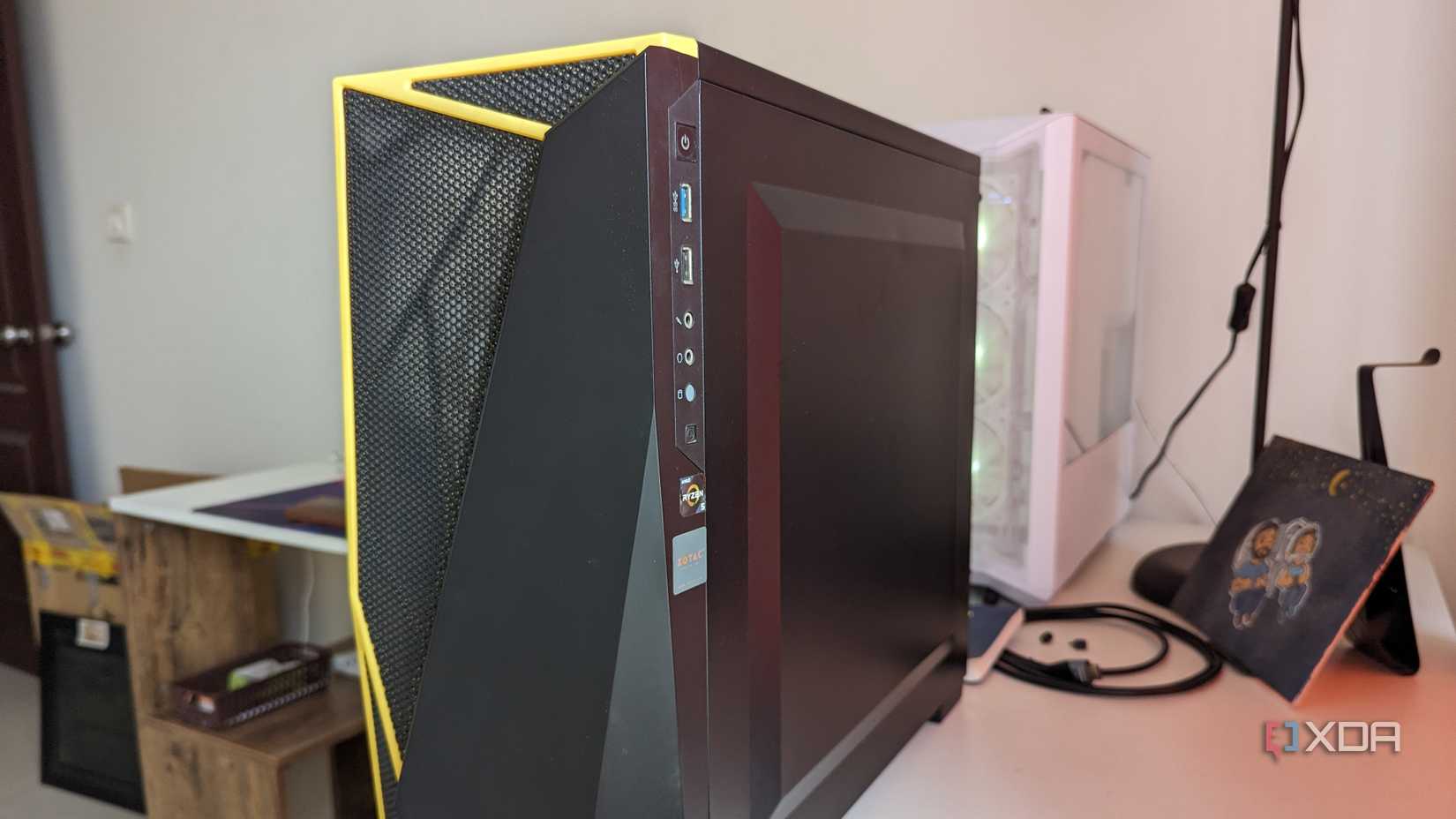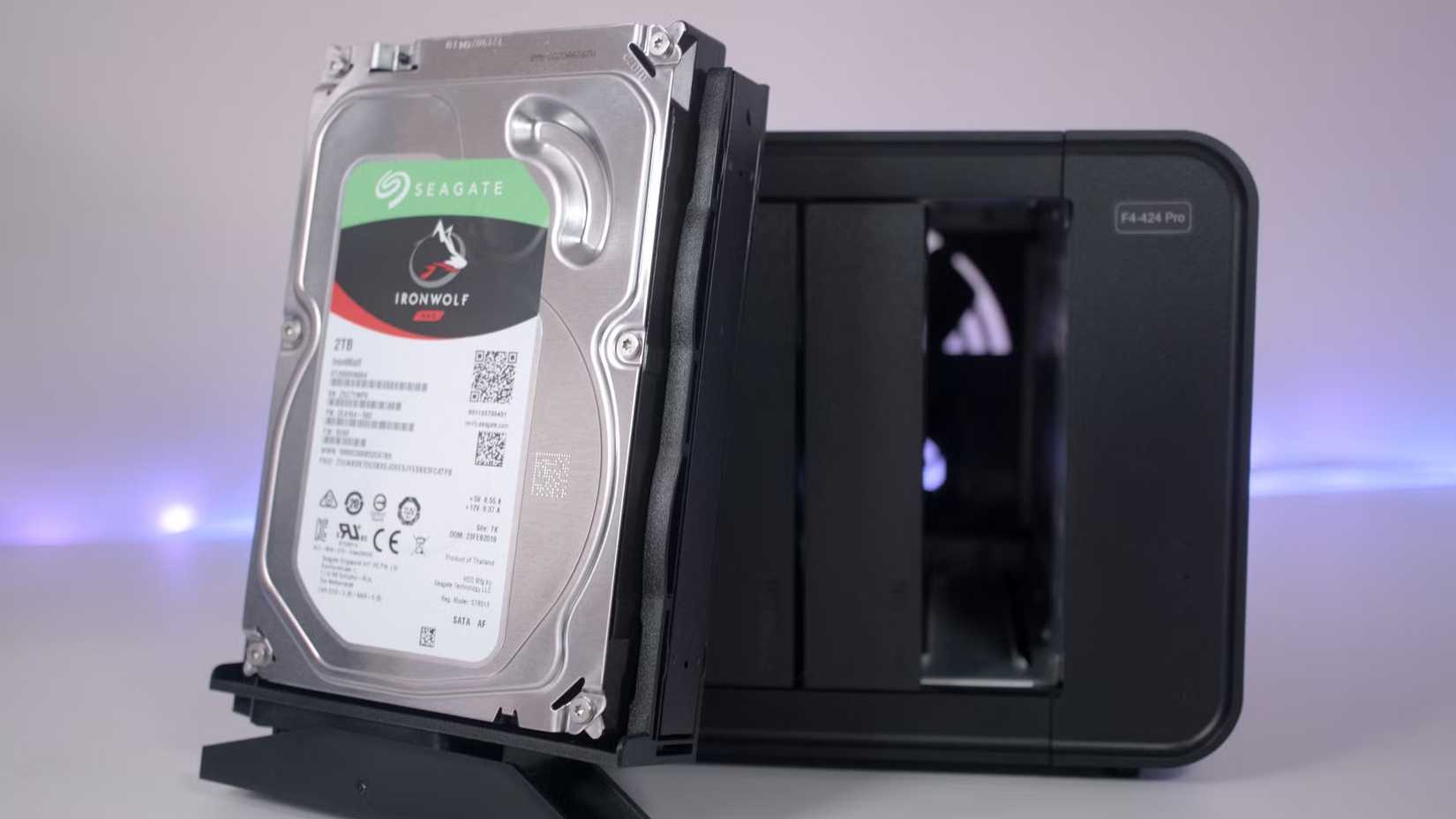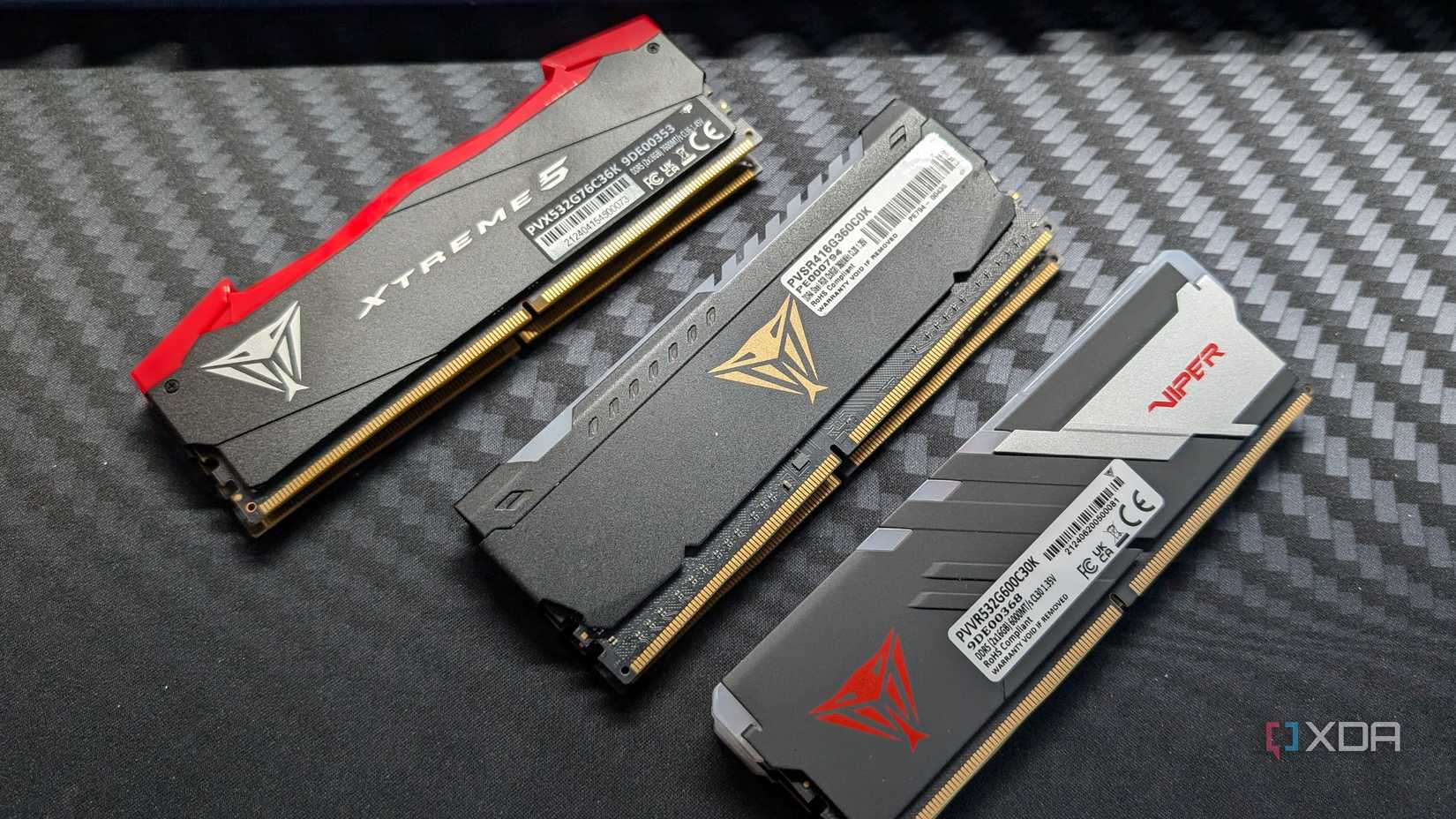His love of PCs and their components was born out of trying to squeeze every ounce of performance out of the family computer. Tinkering with his own build at age 10 turned into building PCs for friends and family, fostering a passion that would ultimately take shape as a career path.
Besides being the first call for tech support for those close to him, Ty is a computer science student, with his focus being cloud computing and networking. He also competed in semi-pro Counter-Strike for 8 years, making him intimately familiar with everything to do with peripherals.
There are few better feelings than cracking open fresh boxes of PC hardware. Remove the peel from your case side panel, unearth your shiny new GPU from its soft-shell foam packaging, and enjoy that new-RAM smell. There's nothing wrong with buying brand-new parts, and I enjoy that experience as much as the next PC enthusiast, but buying used hardware to save a buck will always be more alluring. I always look for these 4 components on the used market before I even think about buying new.
Case
There are plenty out there

PC cases are essentially large boxes made of metal, plastic, and sometimes glass that house your other PC components. Unlike those internal components, PC cases don't undergo wear and tear like the electronics they house, and are basically good to use indefinitely, so long as they aren't physically damaged beyond repair.
Chassis are a lot like cars: they lose a lot of their value as soon as they're driven off the lot, but especially once they've been used heavily. Some hold their value better than others, but you should be able to find older cases like the NZXT H440 and Fractal Define R5 for discount prices quite easily. Popular cases of yesteryear will still perform beautifully with modern hardware. You can even take some of the money you saved and put it towards a set of premium fans that could outperform even a brand-new case.
When putting together builds for others, I'll often buy a new case of my choosing or at their suggestion, but for my own builds, I almost exclusively use something pre-owned. I'm okay with a few missing accessories, but generally folks are pretty good at keeping all the parts together. Depending on the manufacturer, you might be able to buy replacements for things like PCIe slot covers or drive caddys.
GPU
The most frugal way to approach a PC build
While the GPU market has stabilized a bit, prices are still much higher than they used to be for new graphics cards. A high-end card will cost you well over $1000, while the mid-range has only been getting more expensive. The low-end, budget tier is basically nonexistent. Used GPUs depreciate like any other component, but the rate at which they do so has decreased with recent releases. Stock issues and high prices have caused users to hold onto their cards for multiple generations, but that doesn't mean there aren't deals to be found.
RX 7000 series cards can easily be found at heavily discounted prices, and while the RTX 40-series may still be pricey, the release of the 50-series Super cards may bring more cards onto the market. Before I ever take the plunge on a new GPU, I always take a look through the used market for any potential gems.
Storage
It's not as risky as you think

While buying any kind of pre-owned hardware comes with a bit of risk, buying used storage has always had a bit of taboo surrounding it, at least in the consumer space. Drives can easily be on their last legs without giving up many clues, but that doesn't mean you should avoid buying used storage. In fact, if I'm buying any kind of bulk storage, like HDDs for a NAS, I'm almost always going to go for used enterprise equipment. From the right seller, you can save multiple dollars per terabyte on enterprise hard drives, which adds up extremely fast as you start to buy multiple drives.
When it comes to solid state storage, buying pre-owned can be a bit more dicey. NAND wear can be invisible and catastrophic when it crosses a very fine line, and while someone does have to go through the effort of wiping usage data to swindle you, it's a possibility, so buying new is just a much better option for consumer use.
RAM
You can't download it, so buy it used

While you won't find much DDR5 RAM on the used market, you'll find a lot of DDR4, which can be extremely useful if you're looking to upgrade a platform from the previous generation. All electronics have a finite lifespan, but unlike storage, there really isn't a set amount of data that RAM can store before it kicks the bucket. It's not a number you need to worry about, anyway. You can grab 64 GB of DDR4 for well under $100, and as far as DDR5 goes, it is possible to find a bargain, but it's a bit rarer. Kits of 64GB DDR5 will run you just under $150, which is what they go for at some retailers during a sale.
Pre-owned parts are underrated
Not enough PC builders take advantage of the used market, and it's probably due to fear. The fear of having things not work and the desire to eliminate as many potential points of failure are natural inclinations for enthusiasts, but in reality, most used hardware is totally fine, and will continue to work fine for years. Certain parts shouldn't be bought pre-owned, and while you can certainly find yourself on the losing part of a deal when buying anything that's been pre-owned, as long as you do your research and ask the right questions, you should be just fine.
.png)












 English (US) ·
English (US) ·